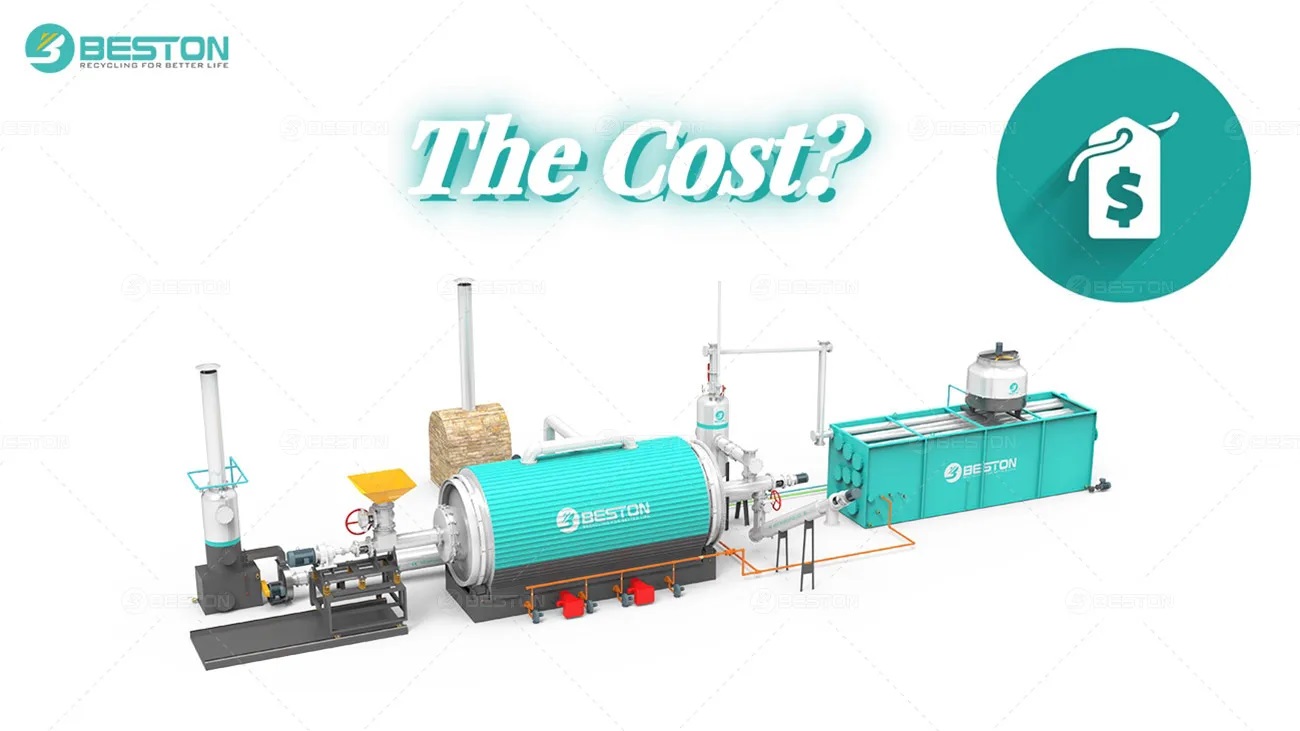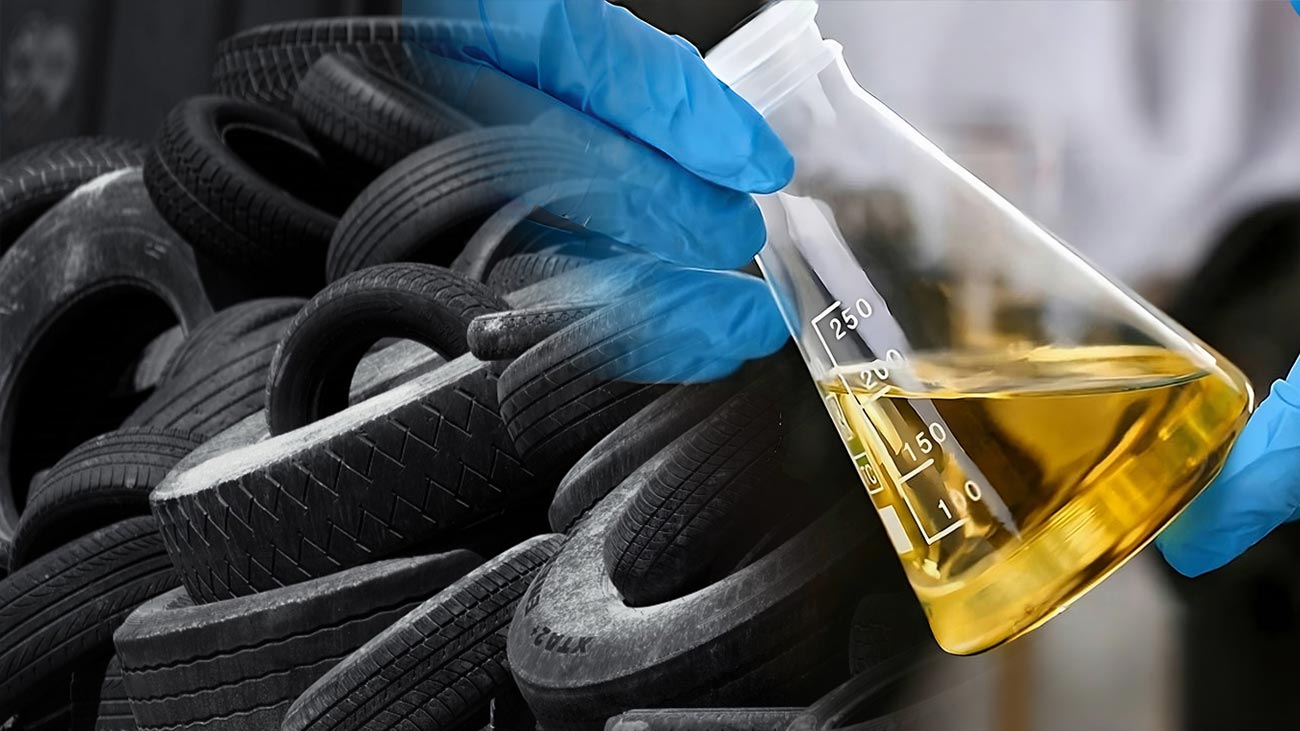Tyre waste has long been a significant environmental challenge, with millions of discarded tyres piling up in landfills worldwide. Fortunately, innovative technology now offers a promising solution to this problem through the tire pyrolysis process. This process converts waste tyres into valuable resources, including oil, carbon black, and steel wire. One of the most effective and efficient ways to achieve this transformation is by investing in a tyre to oil plant. Companies like Beston Group have been at the forefront of developing these technologies, providing state-of-the-art equipment designed to maximize both environmental benefits and profitability.
Understanding the Tire Pyrolysis Process
The tire pyrolysis process involves heating waste tyres in an oxygen-free environment, breaking down the rubber into its core components. During this thermal decomposition, the tyres are transformed into three main products: pyrolysis oil, carbon black, and combustible gas. The oil produced, often referred to as tyre-derived oil, can be used as fuel in various industrial applications or further refined into higher-value products.
Setting up a tyre to oil plant is a strategic step towards sustainable waste management. It helps reduce landfill waste, cuts down on pollution, and contributes to energy recovery. The process is designed to be environmentally friendly, with minimal emissions and the potential to recycle waste gas generated during the operation.
Tyre Pyrolysis Plant Cost: What to Expect
When considering investing in a tyre to oil plant, understanding the tyre pyrolysis plant cost is crucial. Several factors can influence the total cost, including the plant’s capacity, level of automation, quality of equipment, and the local market for the byproducts. Typically, the cost can range from $30,000 to $200,000 or more, depending on these variables.
Beston Group offers a variety of tyre pyrolysis plant models to suit different budgets and operational needs. Their plants are designed with energy efficiency and safety in mind, reducing operating costs and maximizing profitability. Moreover, the company provides comprehensive support, including installation, training, and after-sales services, ensuring a smooth transition into this green technology.

Benefits of Choosing Beston Group for Tyre to Oil Plant
Partnering with Beston Group for your tyre to oil plant offers several advantages. Their plants are equipped with advanced technology, including a fully automatic feeding system, efficient condensers, and a reliable safety device to ensure stable and continuous operation. This allows businesses to operate the plant with minimal labor and maintenance costs. Additionally, the Beston Group provides flexible financing options and excellent customer support, making it easier for businesses to invest in sustainable technology.
The company also emphasizes the importance of the tire pyrolysis process for environmental sustainability. By converting waste tyres into valuable resources, they help reduce the carbon footprint associated with tyre disposal and promote a circular economy. With a focus on continuous innovation and improvement, Beston Group remains a trusted leader in the field of pyrolysis technology.

Conclusion
Investing in a tyre to oil plant is a wise choice for businesses and governments seeking to address the growing problem of tyre waste. The tire pyrolysis process not only provides a viable solution for waste management but also offers economic benefits through the production of reusable resources. With competitive tyre pyrolysis plant cost options and top-notch technology, companies like Beston Group are leading the way in promoting sustainable development and environmental responsibility.
By choosing to invest in this innovative technology, stakeholders can make a significant impact on waste reduction, energy recovery, and overall environmental health.